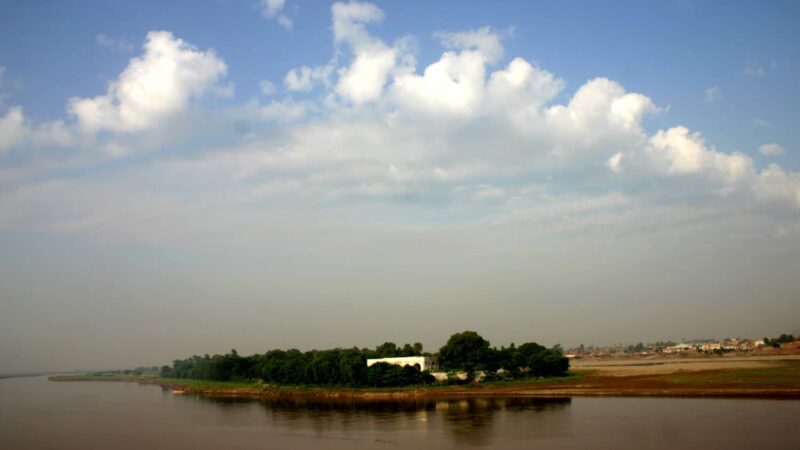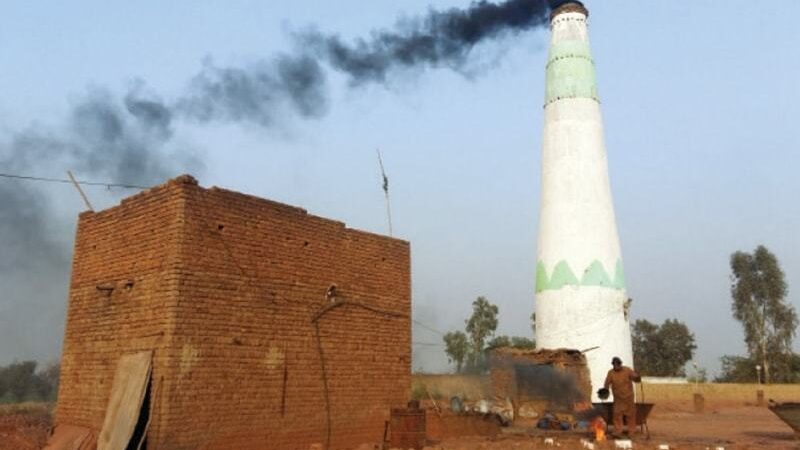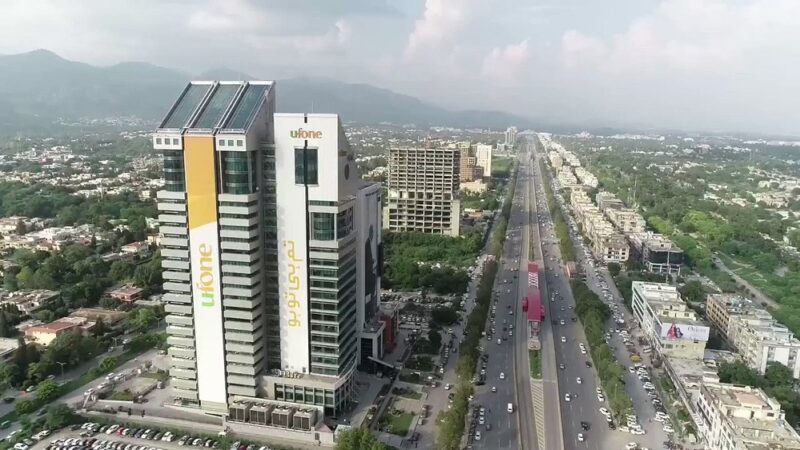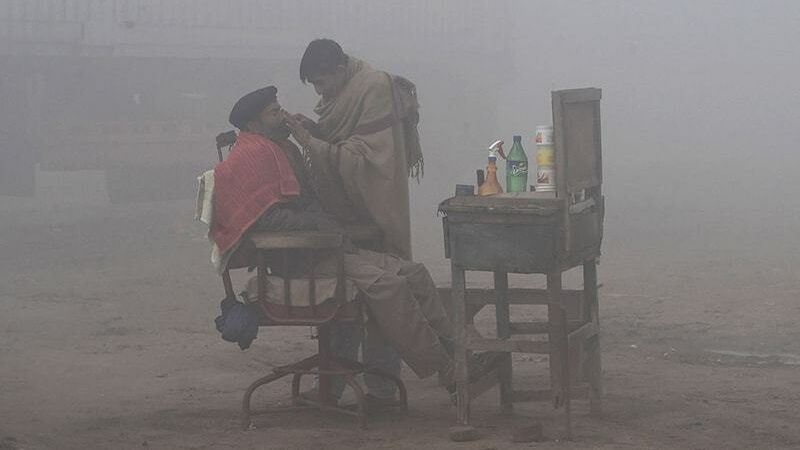River Ravi, flowing through Punjab’s capital, Lahore has been found to be the world’s most polluted. The river contains active pharmaceutical ingredients posing a ‘threat to environment and human health’. A study on pharmaceutical pollution of the world’s rivers conducted at the University of York detected pharmaceutical particles including paracetamol, nicotine, caffeine and epilepsy and diabetes drugs in the river.
Almost 3,203 brick kilns in Punjab have been converted to the zig-zag methodology which is an energy and fuel-efficient process to produce better-quality bricks. The Ministry of Climate Change (MoCC) and the National Energy Efficiency and Conservation Authority (NEECA), in collaboration with the International Centre for Integrated Mountain Development (ICIMOD), have initiated the project.
Environmental Protection Agency (EPA) of Pakistan will be installing three new air quality monitoring systems in Islamabad. In order to increase the capital’s capacity to accurately measure the air quality, the monitors will be installed in areas with the highest industrial and vehicular emissions like Peshawar Mor, Rawat, and Taramri Chowk. EPA has prepared the project concept-I in this regard which will be sent to the Ministry of Climate Change (MoCC) for final approval.
Human rights group Amnesty International has raised concern over the highly hazardous air quality in Punjab. stating that government has failed to protect people. In a statement, Amnesty International said that the Air Quality Index in Lahore had reached 484 at 10am today, whereas the threshold for “hazardous” levels of air quality was 300, where people are advised to “avoid all physical activity outdoors”.




